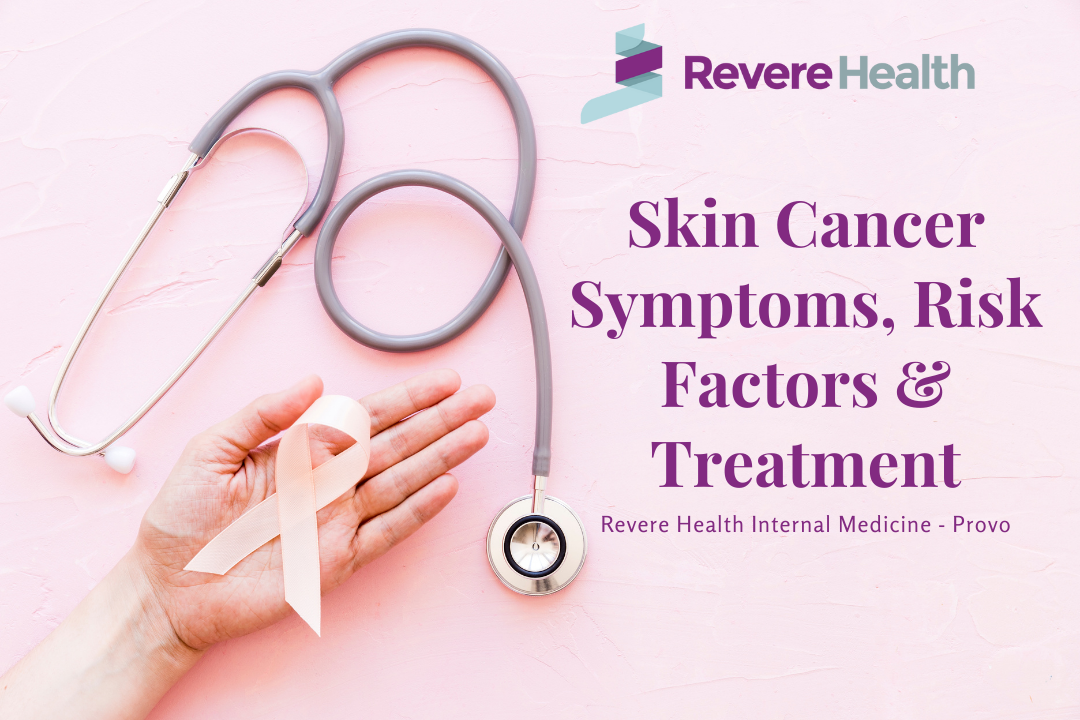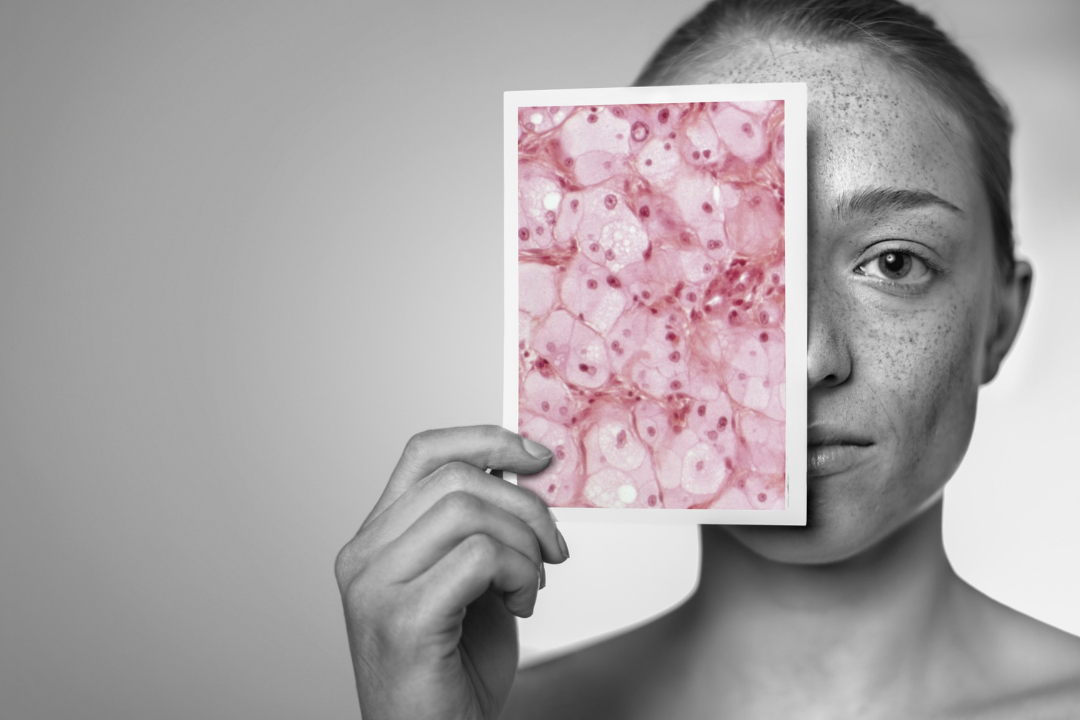Skin Cancer Types, Symptoms, Risk Factors & Treatment
Skin Cancer relates to the abnormal growth of the skin cells exposed to the skin. It can occur in the body areas that are not even exposed to the sun. This abnormal cell growth can be cancerous or non-cancerous. If it is cancerous, it needs immediate attention because it can spread to nearby body tissues. Read on to find the symptoms, types, risk factors, and treatments involved.
Symptoms of Skin Cancer
• Abnormal accumulation or new growth of cells in the skin
• Sore on the skin that does not heal
• Changes in existing skin growths
• Lesions developing uneven and ragged edges
• Change in the color, size, and shape of the mole
• Spots developing unusual colors such as black, pink, blue, or red
• Certain areas on the skin look like scars
Types of Skin Cancer
• Basal Cell Carcinoma: It is found in 90% of the patients. These slow-growing masses show up on the head or neck of a patient. It occurs on the skin exposed surface of the skin. The lesion becomes itchy, may bleed, and develop a crust.
• Actinic Keratosis: The pink or red patches on the skin are seen as precancer forms. It would help if you got treatment quickly to avert the skin masses from becoming squamous cell carcinoma.
• Squamous Cell Carcinoma: This is the most aggressive form compared to Basal Cell Carcinoma. It shows up as scaly and red lesions on the skin.
• Melanoma: When the lesions turn black or brown due to melanin pigment, it becomes the most dangerous form of skin cancer. It is responsible for skin-cancer-related deaths. In a few conditions, you can witness the blood oozing out of the mole or a change in the size, color, or shape.
Risk Factors Involved
There are many risk factors involved that lead to skin cancer. Some of them are:
• Exposure to ultraviolet rays, especially near the equator or high elevation areas, is one of the primary risk factors.
• Maximized exposure to radiation rays or X-rays
• If there is exposure to chemicals like arsenic
• Due to sexually transmitted infections like the Wart Virus Infection
• Sunburns in adults
• Due to family history or genetic factors
• A weak immune system is also one of the risk factors
Treatment of Skin Cancer
• Mohs Surgery
• Use of Cryotherapy
• Growth is cut out with an Excisional Surgery
• Photodynamic Therapy
• Chemotherapy
• Biological therapy
• Radiation
• Immunotherapy used to stimulate the immune system and kill cancer cells
So, if you are noticing any of these symptoms and risk factors, it is time to consult experienced and reputed Dermatologist St. George from Revere Health. Call the experts to get valuable medical advice.
Location:- Dermatologist St. George 1055 North 500 West #212, Bldg. C, Provo, UT 84604





Comments
Post a Comment